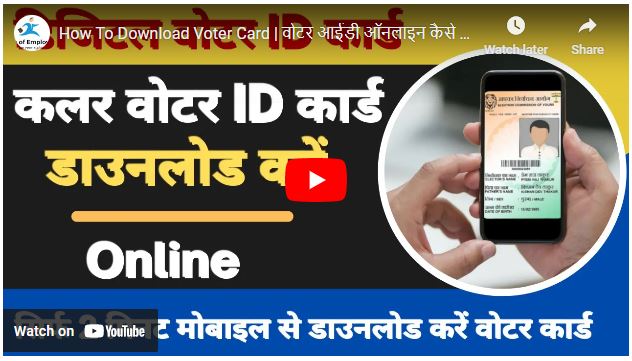In Budget 2023, big relief was given to taxpayers. The Finance Minister said that in the new tax regime, no tax will have to be paid on income up to Rs 7 lakh. So far, the rebate limit in the new and old tax slabs was Rs 5 lakh.
On the other hand, if a child or teenager below 18 years of age earns income from any source (YouTube, Social Media or others), he will also have to pay tax. For this, his income should come under the purview of taxable income. Although there is a ban on child labor in India, but nowadays children are earning huge amount in many other legitimate ways which comes under the ambit of tax.
If this is not done, the Income Tax Department can issue a notice to the parents. The Income Tax Department has put the income of a minor child (ITR on Minor Child Earnings) or money received as gifts, property, investment etc. in the tax net. Let us know what are the rules….
Over 4800 minors filed ITR
Age is no excuse when it comes to filing Income Tax Return (ITR). Many taxpayers are not aware that children/minors also have to pay tax and file returns if they are earning some income. In the financial year 2022-23 till January 31, 2023, more than 4800 minors below the age of 18 years filed their ITR.
What does the income tax law say According to Sujit Bangar, founder of Taxbuddy, ‘Income tax rules say that persons below the age of 18 years are considered minors and are taxed differently. Minors are not required to file their own tax returns, and their income is clubbed with the income of their parents or legal guardians,” under section 64(1A) of the Income Tax Act for persons under 18 years of age. The children’s money will be clubbed with the parent’s income tax return. This means that the income tax return on the child’s wealth will have to be filed by the father.
When is the exemption available
If the child earns less than Rs 1,500 in a year, it will be added to the parent’s income, and exemption under section 10(32) will be available on income up to Rs 1,500. So no tax will be levied in such a case. This income may include interest income, dividend income etc. If the income is more than Rs 1500 in a year, then this income will be considered as the income of the parents, and the parents will have to pay tax here. However, a tax exemption of Rs 1,500 per year per child is available to parents on the income of minors.
According to experts, if a minor is generating income through influencer marketing or other means, then it is considered the responsibility of the parent or guardian to pay tax on behalf of the minor. However, if the income of the minor exceeds the basic exemption limit in a financial year, which is currently Rs 2.5 lakh, then the minor will have to pay tax on the excess amount.














